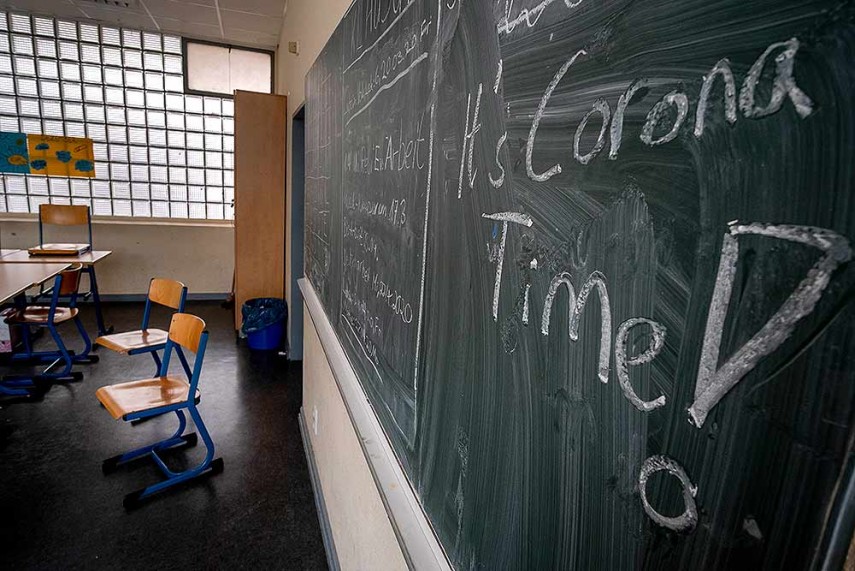As the days pass by with no immediate solution to stop the outbreak of Covid-19, school and university closures will not only have a short-term impact on the continuity of learning for more than 285 million young learners in India but also engender far-reaching economic and societal consequences. This pandemic has affected educational systems worldwide, leading to the near-total closures of schools, universities and colleges .As of 24th May2020, approximately 1.725billion learners are currently affected due to school closures in response to the pandemic.

These school closures have affected not only students, teachers and families, but have also had far-reaching economic and societal consequences. School closures in response to the pandemic have brought people's attention on various issues including food insecurity and student debt. Only a handful of private schools could adopt online teaching methods. Their low-income private and government school counterparts, on the other hand, have completely shut down for not having access to e-learning solutions. The students, in addition to the missed opportunities for learning, no longer have access to healthy meals. The impact was more drastic for disadvantaged children and their families causing interrupted learning and childcare problems. Lack of fast, reliable internet access can prevent students from underprivileged families to acquire education.
So, the real question is whether the current methods of online learning are actually the answer to all the problems the education system is facing due to the pandemic. As Lyndon B Johnson once said "Education is not a problem, education is an opportunity." That is why let us hope that the problem this education system is facing does not deduct the opportunities from the neglected.